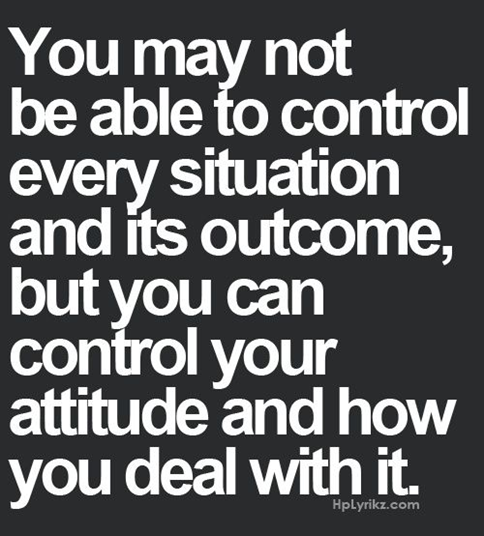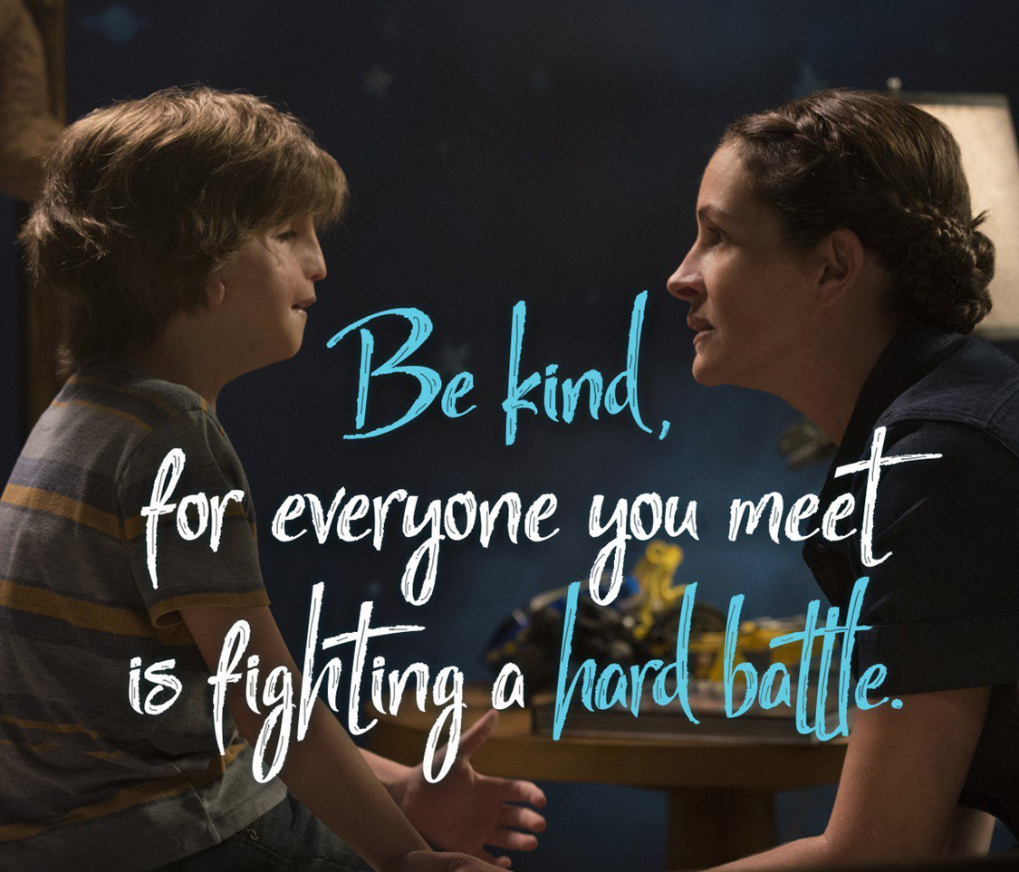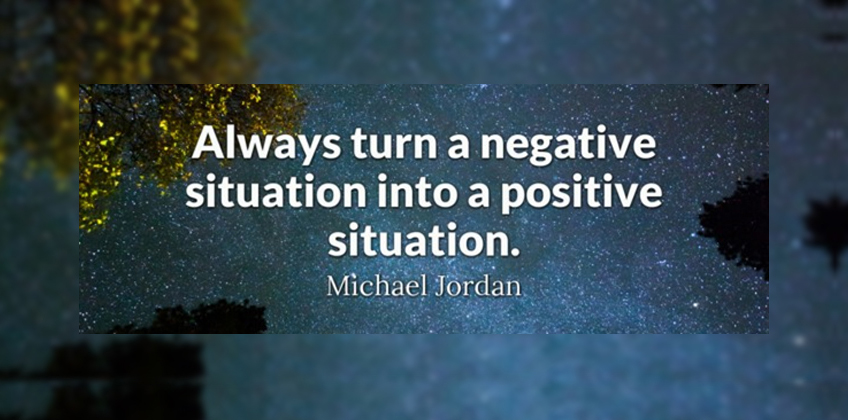I watched the movie “Wonder” the second time in a gap of 4 months – it is the story of August Pullman – a young boy desperate to blend in, but destined to stand out. A simple dialogue between the school principal and a student suspended for bullying August compelled me to reflect deeply. The principal said “Auggie cannot change the way he looks. But maybe we can change the way we see.”
Does this not stand true for every conflict, problem, difficult situation or perhaps the perceived difficult people in our lives? It is easier to change what is in our circle of influence – our outlook or perception, yet our energies and endeavour are channelized towards changing what is totally beyond our control.
Let us focus on Managing Difficult Situations or People, wherein the first step is –
Self-Awareness – Identifying the Issue
Turning the situation inward and analysing your triggers and reactions to these situations can help you to be prepared and self-aware when they arise.
Ask yourself questions to understand the root issue of why you are getting upset or frustrated –
- What emotional tornadoes does the situation in your life spin off?
- How do you react to a difficult person in your life?
- How does your difficult person react to your reactions?
- If the other person is the problem, are you growing unhealthy actions and reactions in response to him or her?
- Are you being a difficult person in the situation?
- How do others react to your actions and responses?

The second step is –
How Smart People Mitigate These Situations
To deal with difficult people or situations effectively, the important thing to remember is that you are in control of far more than you realize.
- Listen. While you’re listening, really focus on what the other person is saying, not what you want to say next
- Stay calm. When a situation is emotionally charged, it’s easy to get caught up in the heat of the moment
- Don’t judge.You don’t know what the other person is going through
- Reflect respect and dignity toward the other person.No matter how a person is treating you, showing contempt will not help productively resolve the situation.
- Look for the latent need. What is this person really trying to gain or say or avoid?
- Look for others around you who might be able to help.
- Don’t act defensively
- Don’t return angerwith anger
- Saying, “I’m sorry,” or, “I’m going to try to fix this,” can go a long way toward defusing many situations
- Set limits and boundaries. You also have the right to be assertive in case the other person gets too aggressive and say, “Please don’t talk to me like that”
- One response does not fit all.You have to remain flexible every situation and person is unique and may respond differently.
- Avoid smiling, telling the other person to calm down; try saying Tell me more so I can understand better

At Tranziam our vision is to ignite the passion, inspire the dream and unleash the potential in every individual so that they can be the very best version of themselves. Whether you are an individual looking to improve yourself, an Educational Institution looking to support your Students and Faculty or an Organisation looking to develop your colleagues on their professional journey, we are here to help you every step of the way.
Click Here to find out more information on how we can help you achieve your goals and aspirations

